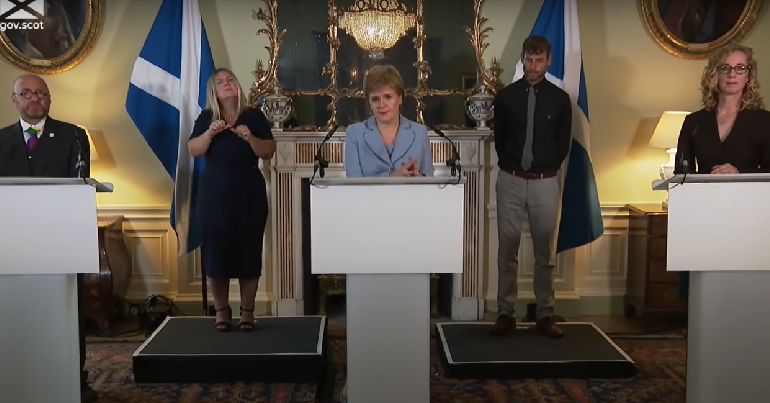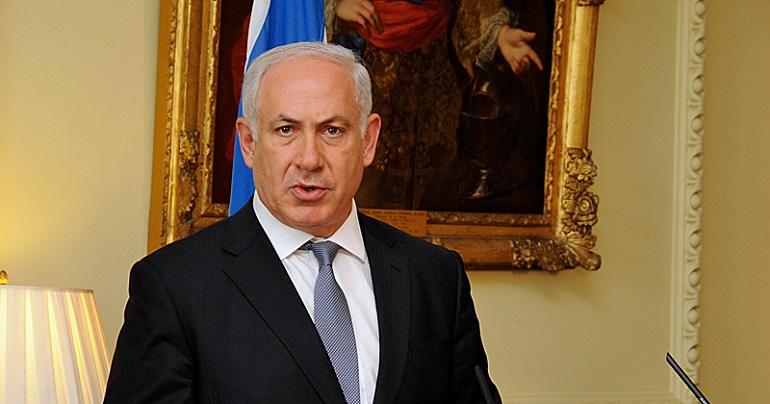The Government’s cut to bereavement benefit will hurt those in real need

The death of a family member is always difficult, the death of a parent or partner even more so. Bereaved parents can find themselves isolated; struggling to find time to grieve whilst doing their best to support their children. This is often accompanied by sudden financial insecurity. In 1990, my mum and I found ourselves becoming a single parent family after my father died following a long illness.
Although it was an incredibly difficult situation for my mum, she and I were very fortunate. We had huge support from family and friends and good financial support which enabled us to continue living a relatively normal life. For instance, the school where my father worked as a teacher had awarded him his full salary as sick pay, until the day he died; something which I doubt would happen nowadays. After our bereavement, we were paid what was then called ‘Widows Allowance’ a benefit which had been in place since the early 1920’s and was based on the national insurance contributions of the deceased partner.
In April this year, the UK government very quietly changed benefit entitlements for bereaved families. Instead of £2,000 followed by a taxable payment every month until the child is no longer entitled to child benefit or the parent remarries/has a new civil partnership, support now consists of a one off tax free lump sum of £3,500 followed by monthly taxable payments of £350 a month for just 18 months. Unlike the old system, the payments will not increase with inflation.
£3,500 might seem like quite a lot of money, but considering the average cost of a funeral is £3,675 it’s a drop in the ocean to ensure a death doesn’t result in relative poverty for bereaved families. DWP figures show that 75% of families will lose out in the new scheme. Research by the Childhood Bereavement Network reveals that the change will particularly affect parents with young children who stand to lose up to £31,000 over the course of their family’s childhood.
The Government has said that the old system was outdated and doesn’t reflect modern relationships, particularly the role of women in the workplace. They say that in most families both parents do some form of work and giving families money until till their children leaves school isn’t fair. However, whilst our workplaces might have changed since the 1920s, the nature of grief has not.
Some deaths like my fathers are expected and the family can prepare for them. It doesn’t make the process easier but it might mean that they adapt quicker. I was amazed to learn recently that my mum went back to work only a week after the funeral and 18 months on I would say we were taking some steps to move forward. In this new system we may have been ok. However, this is absolutely not the case for all families and it is shameful to dress up a benefit cut for savings reasons as some sort of emancipation of women workers.
The Government’s attitude is also disingenuous because in the new system, the children of couples who are cohabiting but aren’t married are not eligible. In the same breath, the government is arguing that the old system is outdated whilst denying support to the children of ‘non traditional’ modern families. Secondly, the old system was based on the spouse’s national insurance contributions, contributions which would have eventually entitled them to the state pension had they lived. As callous as it looks on paper, the cost of these people’s state pension would probably be significantly more than the cost of giving their family a bereaved parent’s benefit.
Finally, there is an issue that the new system doesn’t fix which I feel very strongly still needs to change. This is that once a parent remarries or even moves in with another partner, the payments stop. This completely misses the point of the payments, which most agree are in place to combat the negative impact a death might have on the children of the deceased. My mum remarried when I was 4 and I have a wonderful, very close relationship with my dad. However, he was never my legal guardian. His decision to take on the inevitable emotional and financial burden of another man’s child is one I hugely admire; but, even though he was married to my mum he didn’t legally have to finance me. I imagine there are people who couldn’t take that financial burden on. Stopping benefit payments because of something children have no control over is grossly unfair and might mean they face further barriers to flourishing in young adulthood. This is the issue which should be focussed on but successive governments have chosen to ignore.
Every year, 40,000 children and young people lose a parent that’s roughly one in every classroom. As the post election haze begins to clear and the cracks in the austerity agenda show, we must continue to highlight the issue of bereavement poverty and speak up for families who find themselves in these circumstances.
You can find out more about the Childhood Bereavement Network’s campaign for fairer benefits here.




Leave a Reply